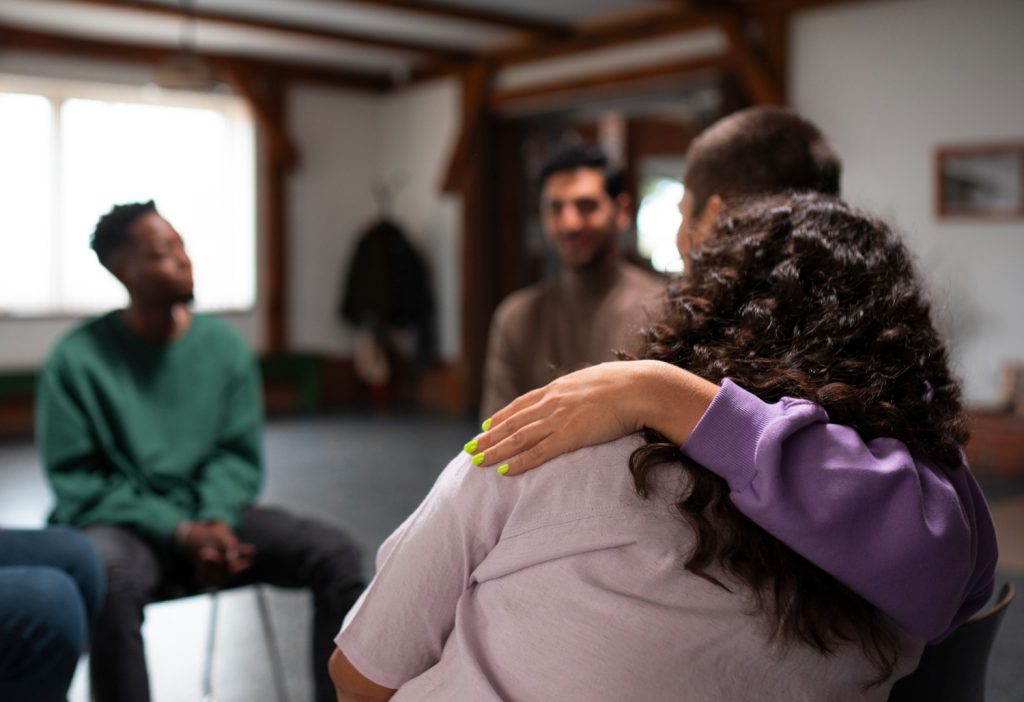The International Safeguarding Conference was held in Rome, where each year a call is made to people from diverse backgrounds—including representatives and members of churches and other faiths, safeguarding professionals, researchers, and anyone involved in the prevention and intervention against child sexual abuse.
Overcoming violence and child sexual abuse requires creating safe environments through the implementation of scientific evidence with social impact in prevention. In this, the role that communities (including religious ones) can play in prevention and protection is key. The presence of individuals who step in when someone they know is engaging in abusive behavior is essential to prevent harm and foster a culture of zero tolerance towards violence. Strengthening these communities so that their members take a clear stance in support of survivors and those who protect them contributes to the prevention and eradication of sexual abuse.
We can find a significant parallel with the actions of Saint Ignatius of Loyola as described in his biography (Chapter IV, No. 38). Ignatius arrived one night in Barcelona, and in the hospice where he stayed, there was also a mother and her daughter who were begging. At midnight, Ignatius acted quickly and decisively upon hearing the screams of the two women, realizing they were being attacked. His intervention scared off the perpetrators. What Saint Ignatius of Loyola did was to act as an upstander—a supportive action by a peer on behalf of the victim, as defined in the scientific literature. The action and support of peers and the community is the most effective response to end violence against girls and women. Without it, the victim is left alone. Without the strong backing of a community, a victim cannot successfully become a survivor (Pulido et al., 2021).
Isolating Gender Violence (IGV)—referring to retaliation against those who support victims—revictimizes and intensifies the cycle of abuse, discouraging potential allies from intervening (Aubert & Flecha, 2021). By confronting abusers, these individuals help create environments where survivors feel supported and empowered to break the silence. Research identifies the isolation of victims as one of the most harmful consequences of abuse, exacerbating trauma and psychological suffering. However, the intervention of strong allies helps to mitigate these effects and improve survivors’ well-being (Aubert & Flecha, 2021).
The ISC International Conference highlighted both the concern and international action of various religious communities in child protection. Numerous religious and interfaith initiatives based on zero tolerance towards child sexual abuse were brought to light, and discussions were held on how to transform institutions into safe spaces (Pulido et al., 2021).
Breaking the silence within religious communities is an essential step for the future, and dialogue among people of different religions is crucial to achieving this goal. As in the story of Saint Ignatius, these successful initiatives connect religious values with the need to support victims. The impact of this commitment is multiplied when actions are also based on scientific evidence with social impact.
During the academic session on June 20, Dr. Cristina Pulido (professor of journalism and founder of the association CSA Survivors – Science and Friendship) presented the impact on survivors’ lives when Isolating Gender Violence is broken through the construction of a strong community and through science. At the end of the session, after a few seconds of silence—during which many participants were able to understand situations they had experienced either firsthand or as victims of IGV—questions and expressions of gratitude to Cristina Pulido continued to grow.
Associate Proffessor in Sociology at the University of Barcelona.
Member of the Advisory Committee on Religious Diversity of the Generalitat de Catalunya.


